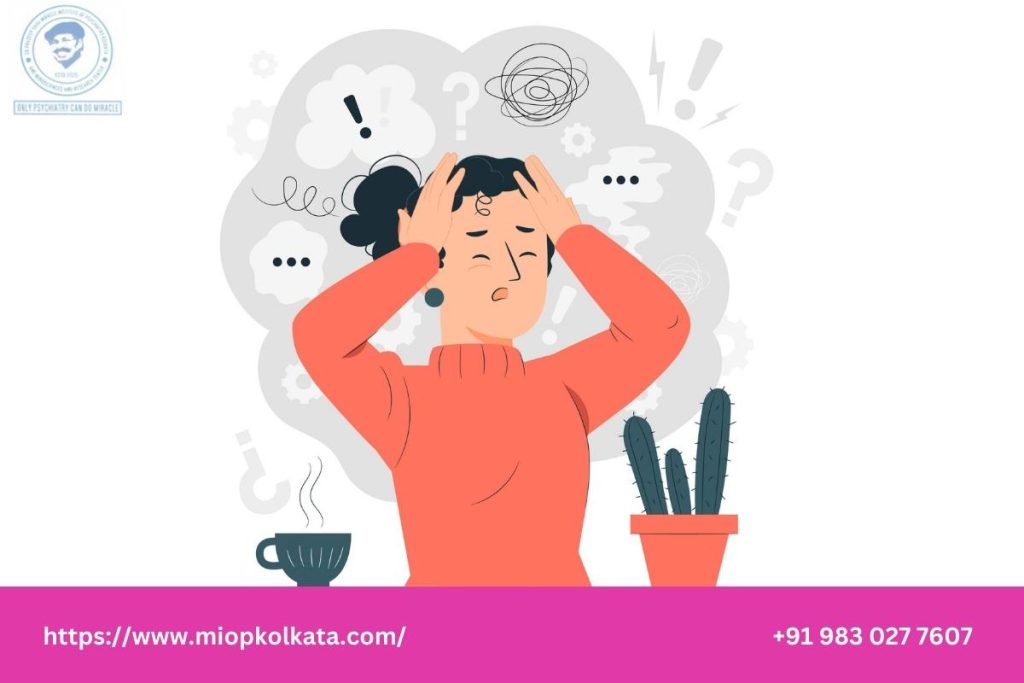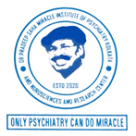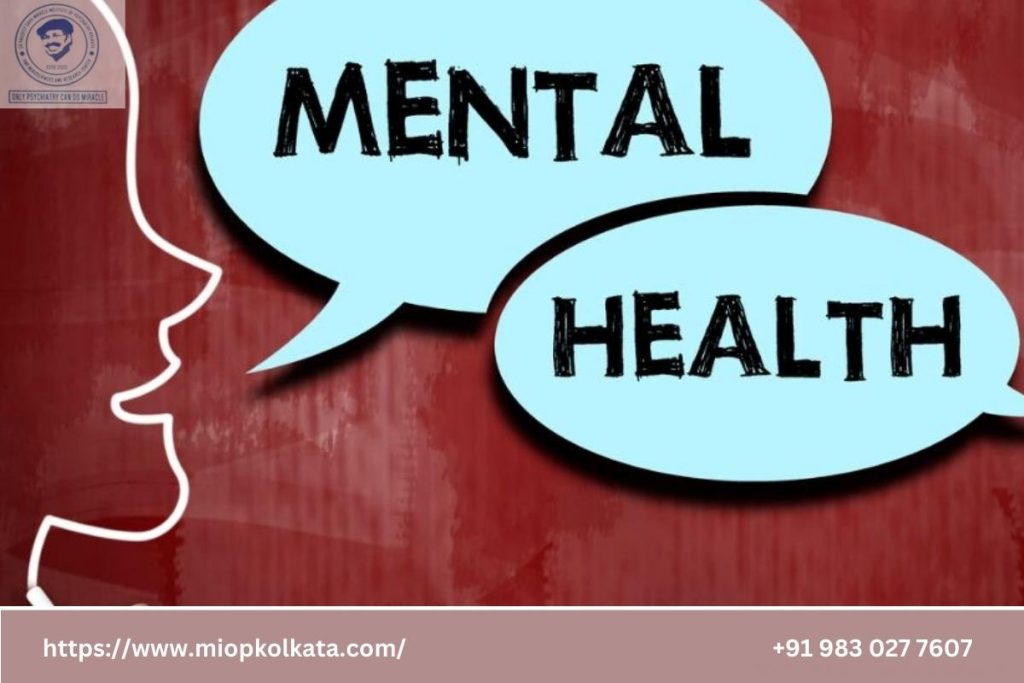Obsessive Compulsive Disorder, commonly known as OCD, is a severe mental illness. This disease has not only affected people living in India but in many other countries as well. Unfortunately, various misconceptions are associated with this condition; therefore, proving them wrong is very important. So, before you give your loved ones the Best OCD Treatments in Kolkata, we are here to debunk people’s five common myths about OCD. Let’s begin!
Table of Contents
What is OCD?
Myth 1: Only Clean Freaks Have OCD
Myth 2: OCD Diagnosis with Tests
Myth 3: OCD Does Not Affect Kids
Myth 4: Only Women Have OCD
Myth 5: OCD is Not Treatable
Conclusion
FAQs
What is OCD?
Obsessive Compulsive Disorder (OCD) is a mental discomfort or illness in which the person gets unwanted fears or thoughts that force them to do a specific activity repetitively. If not treated on time, the condition can get worse and more serious. So, it is crucial to give your loved ones the Best OCD Treatments in Kolkata before it’s too late. Having said that, below are five common OCD myths debunked for you and those suffering from this condition.
Myth 1: Only Clean Freaks Have OCD
A common symptom of OCD is an excessive obsession with cleanliness, such as constantly cleaning household items, washing your hands, etc. However, that does not mean that no other person can get OCD. Experts say that when any activity turns into an obsession, it no longer becomes a trait; it becomes a form of compulsive behavior in some way or another.
Myth 2: OCD Diagnosis with Tests
Diagnosis of conditions such as blood sugar, hypertension, or cancer is usually done through tests. But, in the case of OCD, it is different. Initially, your doctor will conduct a physical test or examination and then suggest tests to remove the harmful effects of other medical conditions. After that, they will ask you questions about the three main symptoms of OCD, i.e., obsessions, compulsive behaviors, and whether or not you are doing a particular activity repetitively.
Myth 3: OCD Does Not Affect Kids
OCD affects not only adults but kids also, a condition that can trigger in someone as early as four years. In fact, in many Kinder Garten Schools, at least 4 to 5 children have this mental illness, experts say. In medium to large schools, the number can increase up to 20 and not more.
Myth 4: Only Women Have OCD
Many people think that women are more prone to OCD than men. However, according to International Foundation OCD Reports, men, women, and kids equally suffer from OCD, and it’s no wonder. Generally, the symptoms start showing between the ages of 10 and 12 or during puberty or early childhood.
Myth 5: OCD is not Treatable
Most OCD patients feel shy to consult a doctor, which is a good reason why people think there is no treatment for OCD. However, OCD is completely treatable through medications and behavioral therapies. Some need either medications or counseling, while others may require a combination of both; it varies from person to person.

Conclusion
So, now that you are aware of the five common myths about OCD, you must consult a good doctor to cure this condition properly. And if you see any of your near and dear ones suffering from OCD, ensure you give them the Best OCD Treatments in Kolkata without failure.
Wish you a delighted and healthy life ahead!
Frequently Asked Questions!
Who does OCD affect the most?
Though women are more prone to OCD than men, boys are more likely to get the early signs of OCD than girls. In fact, about one in four men experiences the symptoms of OCD before they are 10 years old. On the other hand, OCD triggers in women mostly when they are young kids or adolescents.
Is OCD a lifelong condition?
Yes, but the symptoms of your obsessions or compulsions may change over time. Generally, the symptoms get worse if you experience frequent stress or anxiety-related situations. So, OCD can vary from mild to severe, and you must get a proper treatment for it as soon as possible.
Is OCD a mental illness?
Yes, obsessive-compulsive disorder (OCD) is a mental illness that leads to repeated unwanted thoughts or fears (obsessions) in the patient. Usually, a person with OCD gets the urge to do something repeatedly. OCD can be either obsessions, or compulsions, or a combination of both.
What is the root cause of OCD?
Doctors are still trying to find what actually causes OCD. However, factors such as environment, psychology, family history, and how your body functions can play a significant role in deciding whether you can get OCD. Again, traumatic and stressful situations can trigger OCD in a person.
How can OCD affect daily life?
Compulsive or obsessive activities can consume a lot of time. Due to this reason, you will want to avoid certain situations that flare up your OCD symptoms, and this prevents you from seeing friends and family members or participating in any other social activity. In short, obsessive or compulsive behaviors make it difficult for you to live an everyday and healthy life as compared to others.

